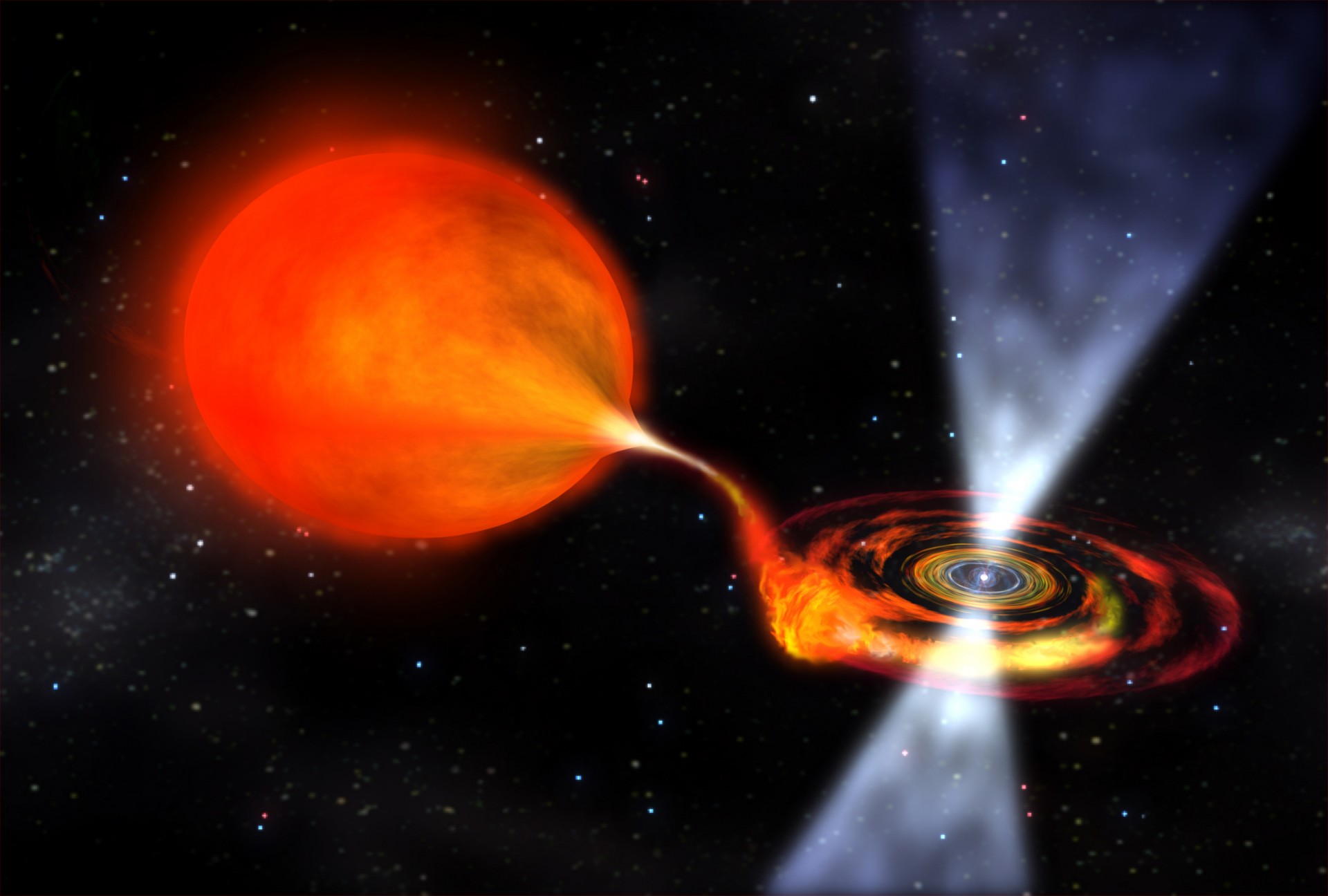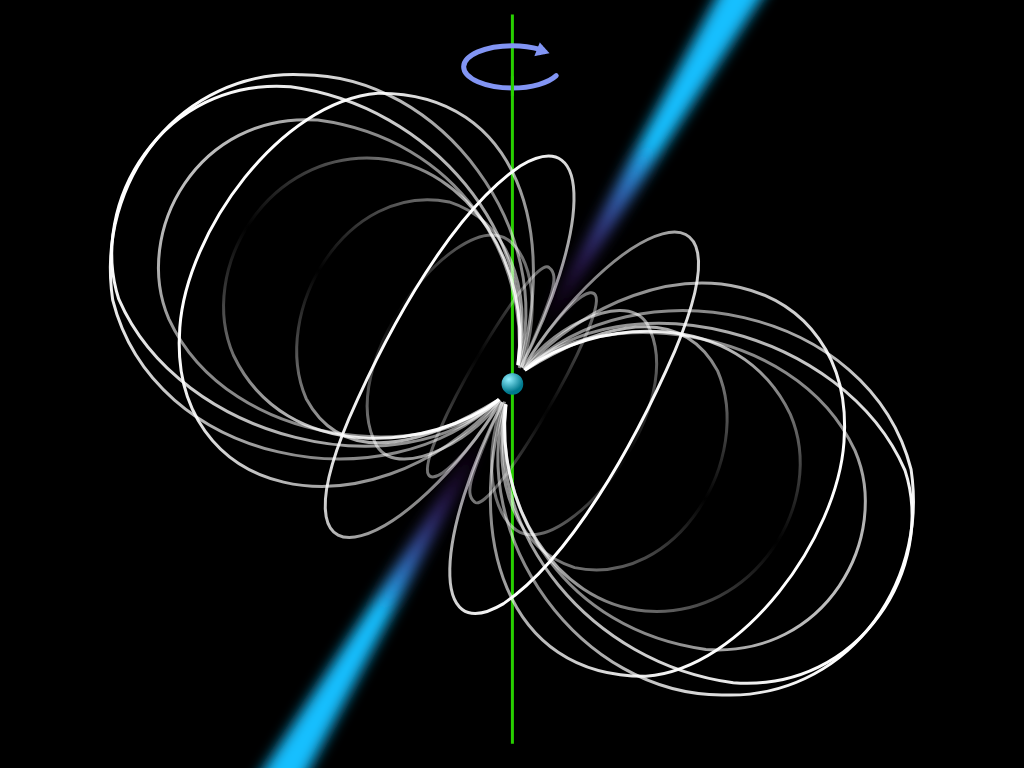On Thursday the 6th of September 2018, Professor Dame Jocelyn Bell Burnell received the prestigious Special Breakthrough Prize In Fundamental Physics, which comes with £2.3 million in prize money; and on the same day, she donated all of it.
The Special Breakthrough Prize is awarded to scientists who have made “profound contributions to human knowledge” and is not limited to recent discoveries. In Professor Burnell’s case, the award was 50 years overdue. Bell was awarded the prize for the fundamental role she played in the ground-breaking discovery of pulsars in 1968.

Pulsars “are stars roughly the size of San Francisco with masses comparable to the Sun’s. They are rich in neutrons [...] and can spin so rapidly that their surfaces move at a significant fraction of the speed of light.”
They emit a beam of electromagnetic radiation that can only be observed when it is pointing towards the Earth, thus produces a pulsed appearance. For each individual pulsar, there is a very precise interval between each pulse.
The precision of these intervals make pulsars extremely reliable natural clocks for observing and mapping our galaxy and the visible universe, and astrophysicists have been using them for just that since their discovery.

The discovery of pulsars is considered to be one of the greatest astronomical discoveries of the twentieth century. According to Edward Witten, the chair of the Selection Committee, until the moment pulsars were discovered “no one had any real idea how neutron stars could be observed if indeed they existed. Suddenly it turned out that nature has provided an incredibly precise way to observe these objects.”
Professor Burnell was a graduate student at the University of Cambridge when she noticed an anomaly in her observation, a signal that was pulsing with great regularity. At first her discovery was overlooked, but nevertheless, she persisted and pushed her research team to look further into it.
Her observation and insistence led to the larger discovery of pulsars and everything that came with them.
Despite being the first person to observe the anomaly and playing a fundamental role in developing the research, Burnell was controversially omitted from the Nobel Prize awarded to her male colleagues in 1974.

50 short years after her initial discovery, Professor Burnell’s immense contribution to astrophysics has been recognized with The Special Breakthrough Prize, and she’s donating all 2.3 million pounds of her prize money to fund scholarships for women, refugees, and people from ethnic minorities in science.
In an interview with BBC News, Professor Burnell explains her decision to donate the prize money by saying she doesn’t “want or need the money for herself and [this] seemed the best use [she] could put to it.”
Her initial discovery not being taken seriously and her controversial omission from the Nobel prize are just two examples of discrimination Professor Burnell, and many other minority scientists for that matter, has to deal with daily.
Throughout her career, Burnell has dealt with and overcame these challenges, she “has [also] been instrumental in making sure the issue of access to science by people from under-represented groups is at the very top of the science community’s agenda.”
She believes “minority folk bring a fresh angle on things and that is often a very productive thing. In general, a lot of breakthroughs come from left field.” Burnell’s decision to donate the prize money to stimulate minority participation in science is a testimony of her dedication to the cause.
Professor Burnell not only sets an example with her scientific achievements but also with her dedication to using her resources to pave the way for others. If you, like Professor Burnell, are passionate about equality in education here are two Kinder assessed charities you can donate to:
-
Educate Girls empowers communities to facilitate girls’ education in rural India and helps them take a stand against gender inequality
-
The Global Partnership for Education is a global fund solely dedicated to education in developing countries




